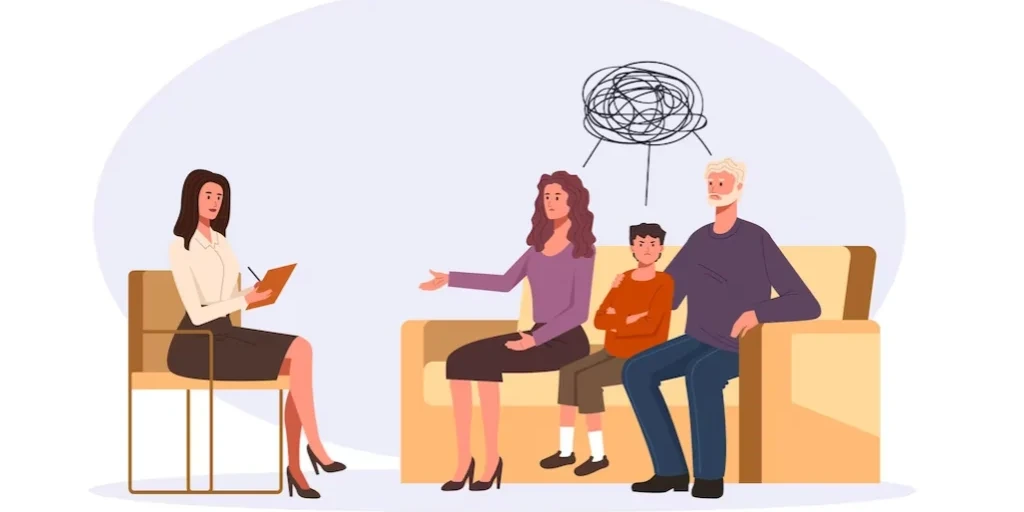24/7 Helpline:
(866) 899-221924/7 Helpline:
(866) 899-2219
Learn more about Opioid Rehab centers in Ivy
Opioid Rehab in Other Cities

Other Insurance Options

MVP Healthcare

Meritain

MHNNet Behavioral Health

American Behavioral

Coventry Health Care

Amerigroup

Molina Healthcare

CareFirst

BlueCross
Beacon

Ambetter

Multiplan

Sutter

BlueShield

Magellan Health

Carleon

Providence

Private insurance

Lucent

ComPsych





























































































































Region Ten Community Services Board – Crozet
Region Ten Community Services Board is a non-profit rehab located in Crozet, VA. Region Ten Communit...




































































